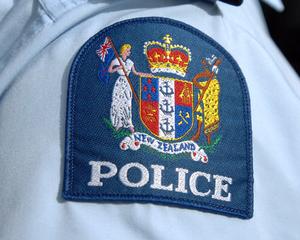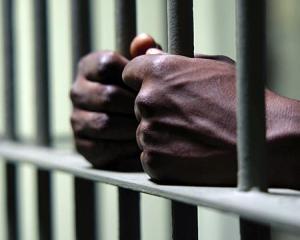
Mr Key, speaking in Auckland this morning, said he wants the departments of justice, police, and corrections to work together to achieve a total of 112,000 fewer crimes between now and 2017.
He said there would be no additions to the $3.8 billion in funding, but the reduction in crime would be brought about by "using the money smarter" and rethinking how the departments deal with offenders and victims.
"Tight financial times force you to think outside the box," he said.
Minister of Justice Judith Collins said the Reducing Crime and Reoffending Result Action Plan focused on six key areas.
"We're going to target high-crime locations, provide strong support for people at risk of repeat victimisation, improve interventions for vulnerable youth, reduce the availability of alcohol, increase availability of alcohol and drug treatment ... and invest in reintegration and rehabilitation of offenders," Ms Collins said.
Ms Collins said savings from the projected crime reductions would be reinvested between the departments to continue to bring that rate down.
The goals would see 39,000 fewer crimes and 6500 fewer violent crimes in Auckland by 2017.
Ms Collins said areas like the CBD were where most crimes were committed and police would tailor rosters and staff numbers to "target repeat locations".
Half of all crimes (51 per cent) are committed by people under the influence of alcohol or drugs.
Ms Collins said reducing the availability of alcohol would be achieved through the Alcohol Reform Bill, which includes making alcohol licenses harder to get, tightening restrictions on the types of places that can sell alcohol, and putting more restrictions on the irresponsible promotion of alcohol.
Licensing laws will set the default opening hours for pubs and clubs to between 8pm and 4am, although local authorities will be given the power to grant venues longer hours if they are applied for.
"What we're proposing is that there will be changes to opening hours, that there will be a default position around the country ... but every local authority will be able to set their own opening hours. And that's really important because what we're going to have is local alcohol policies being able to be formulated, so that Auckland might decide that in the city there will be greater opening hours than say in (other suburbs)," Ms Collins said. "I think that will be fantastic for local authorities. They're actually crying out for it."
Mr Key said he believed parliament would pass the split drinking age, which would go further to reducing the availability of alcohol.
"If you really want to make a change you've got to change the culture," he said.
There will be emphasis on improving rehabilitation services for people abusing alcohol or drugs, whether they are in custody or in society.
Ms Collins denied the crime reduction targets were taking advantage of an already dropping rate.
"Crime is a tax on all of us," she said.
More than half the respondents to a recent Herald DigiPoll survey supported a purchasing age of 20 for all types of licensed premises and a further 25 per cent supported raising the age for liquor stores and supermarkets but keeping it at 18 for bars and restaurants.
The survey was conducted with alcohol reform legislation that aims to tackle New Zealand's binge-drinking culture, expected to come before Parliament later this month for its final stages.
- Kieran Campbell of APNZ






